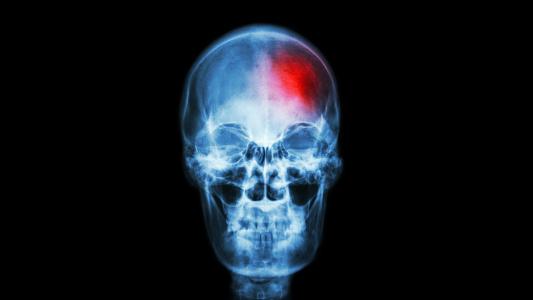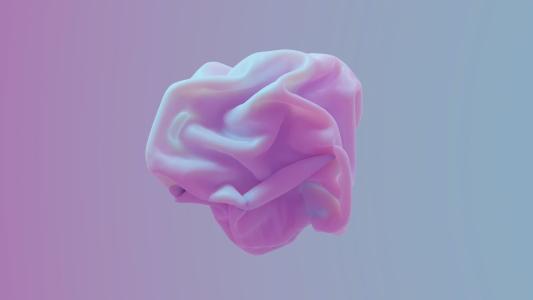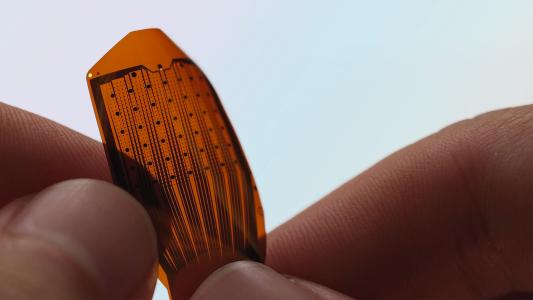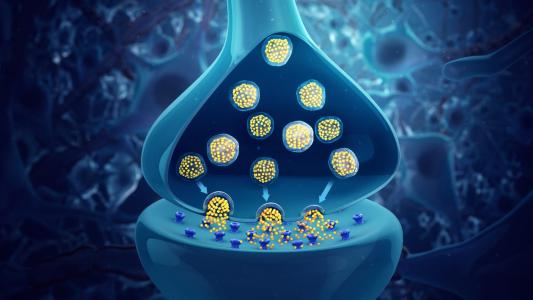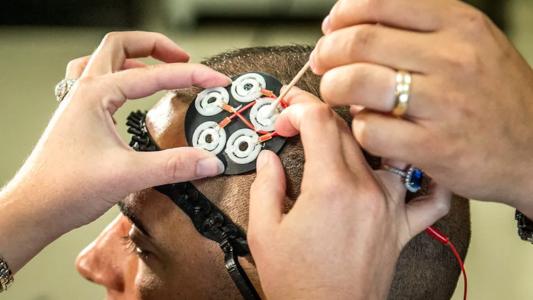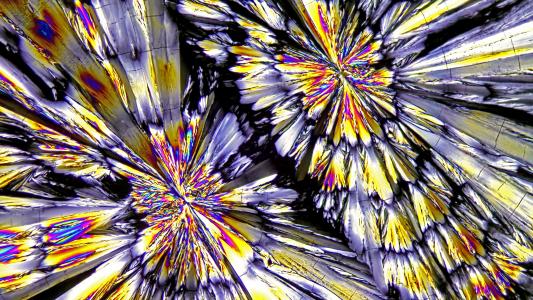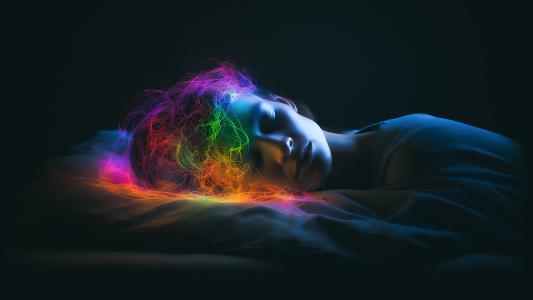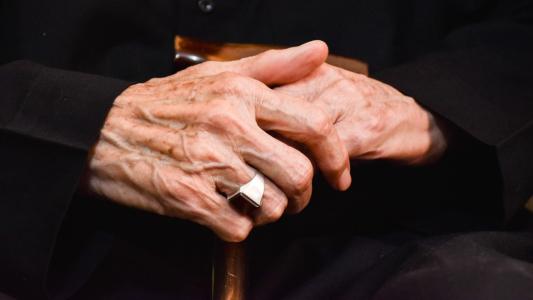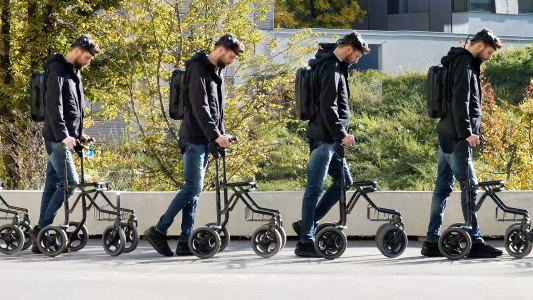Brain
Cancer med appears to prevent brain aneurysms
Japanese researchers have discovered that the cancer drug sunitinib can prevent the formation of brain aneurysms in mice.
Have we got the brain all wrong? Study shows its shape is more important than its wiring
Neural activity may be more influenced by the shape of the brain – its grooves, contours, and folds – than by its complex interconnections.
Flexible brain implant tested in people for the first time
Startup Precision Neuroscience has tested its flexible, ultra-thin brain implants in people for the first time.
Rhythmic brain stimulation could boost cognitive function
An analysis of over 100 studies helps resolve conflicting evidence on the benefits of transcranial alternating current stimulation, or tACS.
Ketamine is as effective as ECT for depression, study shows
A trial of patients with treatment-resistant depression found ketamine to be at least as effective as electroconvulsive therapy.
Zapping the brain during sleep helps memories form
Brain stimulation during sleep appears to help with memory consolidation, suggesting a new way to treat people with memory disorders.
Do we finally know what causes Alzheimer’s?
The first treatments proven to slow cognitive decline in Alzheimer’s are helping settle a decades-long debate about how the disease starts.
Paralyzed man walks again using only his thoughts
A man with paralyzed legs is walking again thanks to a “digital bridge” between his brain and a spinal stimulator.
Depression treatment reverses “backwards” brain signals
Transcranial magnetic stimulation (TMS) appears to relieve depression by correcting brain signals that are traveling the wrong direction.
